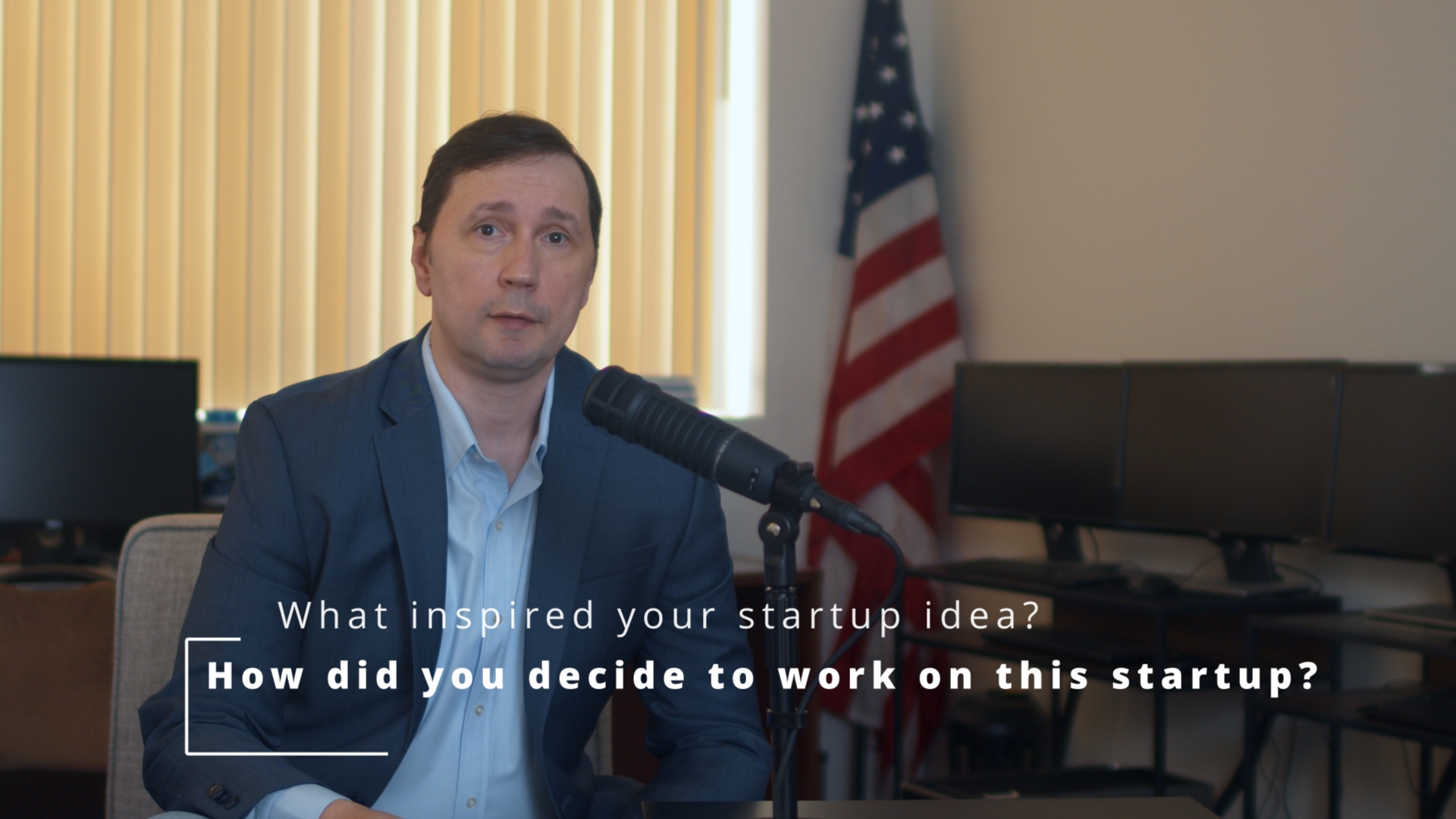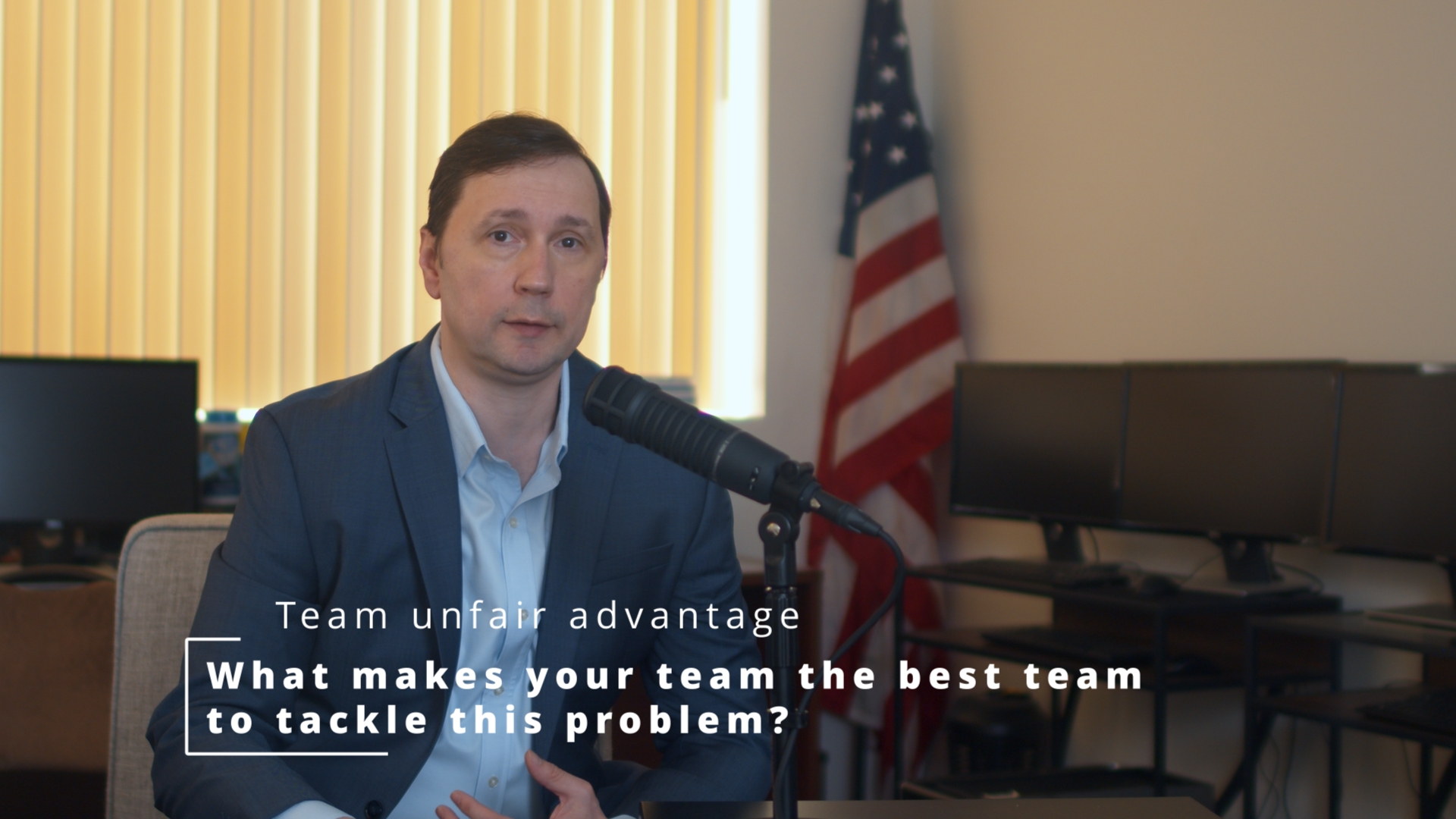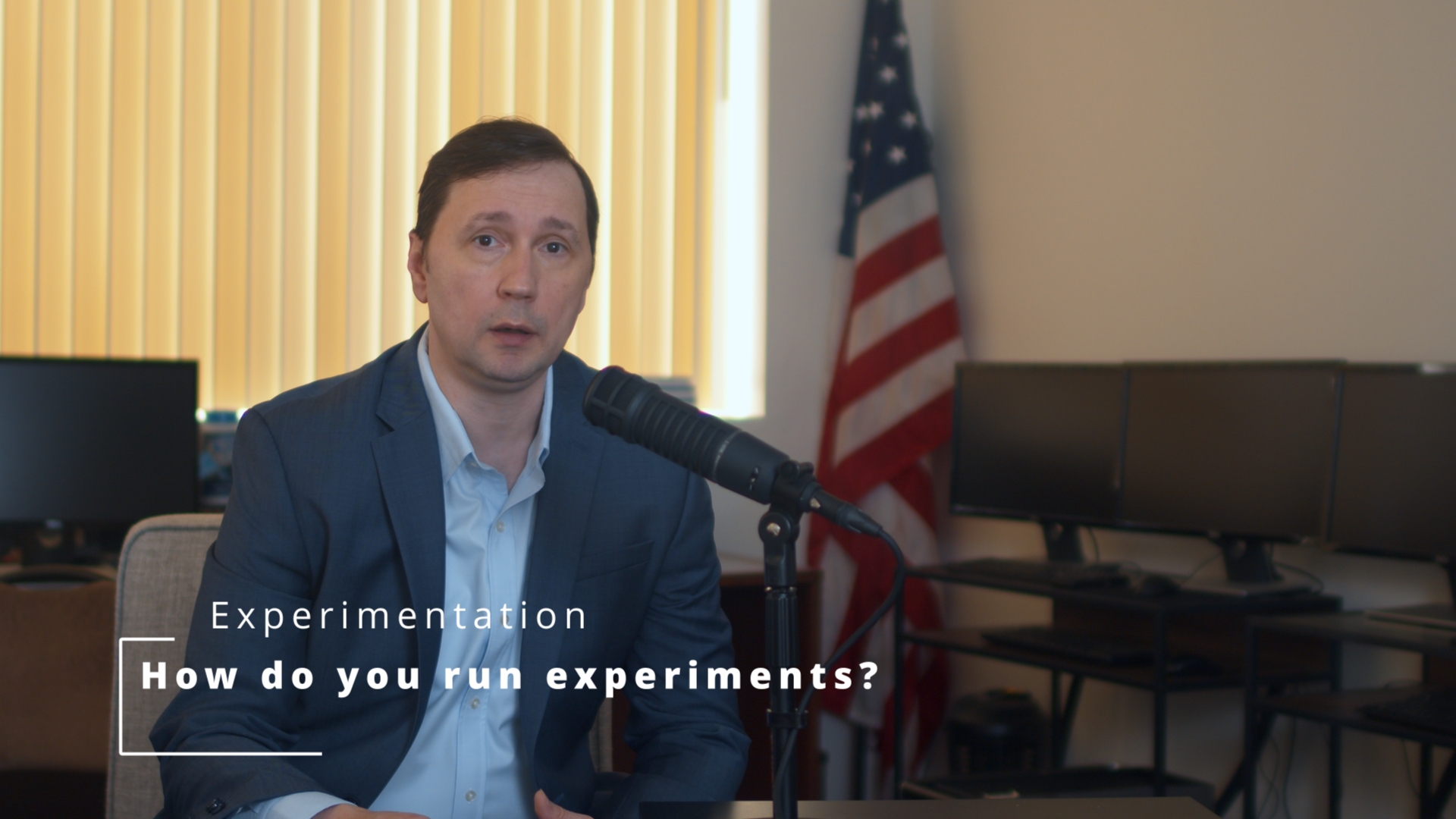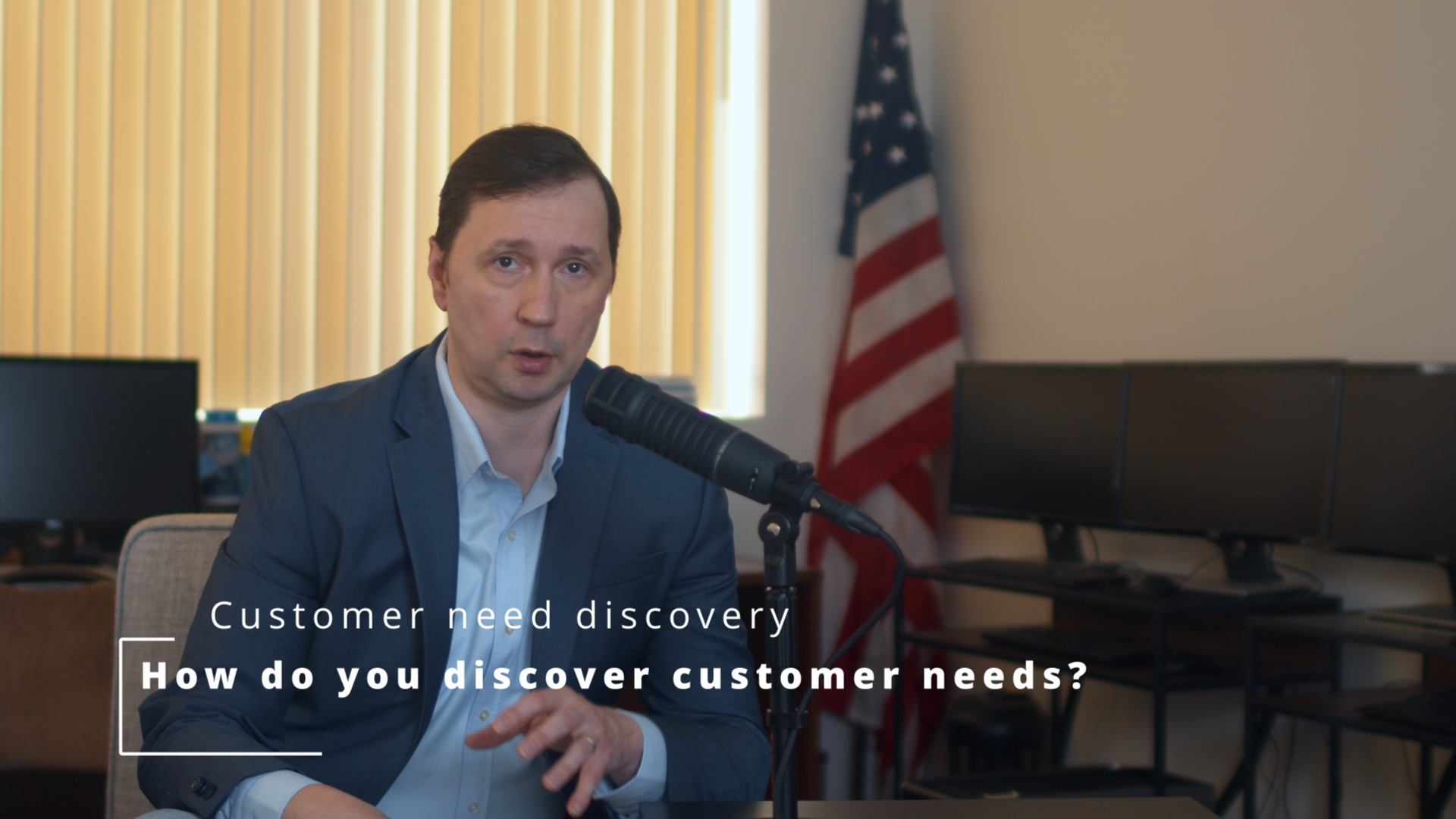Pitch
This page also contains the answers to the other questions that didn’t fit on the original form due to char limit.
Also video answers are included to some of the questions. Please see below.
Team motivation
How did you decide to work on this startup?
Had another company and we needed a CRM. What we found was complicated, expensive and hard to use, so we built our own. We then put it out and got 1287 freemium users which we used to test out bugs. We also have a few paid customers. The problem was that we were getting requests for customization that were very unique, but all we could offer was standard dev customization which is expensive, takes a long time and is hard to maintain. This is the same things our competitors offer. We then pivoted and started developing a modular CRM which puts the power of building it into the hands of the user. The easiest way to understand this is with an analogy between traditional website building where you hire coders vs. Wix which puts the power in the user’s hand.
Team unfair advantage
What makes your team the best team to tackle this problem?
Developed another software which was used for alcohol compliance (specific taxed paid on liquor). That provided a lot of experience in developing software solutions. We operate on a lean and focused methodology. If you imagine good startups as an “army”, then you can think of us as the “special forces” which are able to achieve very targeted difficult tasks using a focused, disciplined and highly dedicated approach.
Team accomplishments
What noteworthy accomplishments can you share about you and your team members?
- Built another successful company from the ground up (https://rezzonatorservices.com).
- Created a software solution for alcohol compliance.
- One of our team members (Dr. Louis Smith) was instrumental in getting government contracts for software solutions to the tune of over 500 million. This is something we will pursue too under our full strategy for going to market (more on that later)
- Another team member (Professor Roy Rada) has been a CS professor at the University of Liverpool.
In house tech talent
How is or will the product be built? Is this being done in house or outsourced?
The product is built in house. All the code resides on our servers. I am responsible for the development and I have people that have been vetted that work on with me.
Experimentation
How do you run experiments?
We always start from the user perspective. One of the best examples of experiments is the deployment of the base CRM. This let of a lot of customization requests for very unique needs. This in turn resulted in our vison of a modular CRM that can be configured by the user, thereby empowering each and every business to work the way they want and need to.
Another example is the experimentation we did on the alcohol compliance tracker (mentioned before). We constantly iterated on usability and friendliness. The solution proved so user friendly that, even though it was originally designed only for keeping alcohol inventory in, for taxation purposes, importers started using it for all their products, even non-alcoholic ones. We iterated over months and learned that simplicity, ease of use and low learning curves beat hands down hundreds of features that come at the cost of high complexity and poor user experience.
We built systems for monitoring user data to see what features are being used, and which are bypassed.
We also collected first hand accounts of use whenever possible. One of the best ways we found of getting user data is by hopping on calls with them where they share their screen and we help them with their issue. This not only exposed bugs but also let us see our apps through the user’s eye.
We do NOT believe in “stonewalling” customers – meaning that our solution is put out there without providing the customer a means to reach a human and talk to them except through cust support tickets. This is horrible. We found we can build a lot of trust by just picking up the phone and calling the user directly. We don’t like hiding behind emails (unless the user wishes that) or automated “help” systems that make you feel like you’re talking to a wall.
Customer need discovery
How do you discover customer needs?
The need was our own in the beginning, that’s why we created the CRM. But after putting it out we discovered that people loved the simplicity but wanted even more customization. The only thing we could offer was development, similar to our competitors. This comes at very high prices, takes time and needs upkeep if say for example the customer wants to change something later. We then understood the need for a modular CRM that puts the power in the hands of the user.
Our product would be offered with base templates, but then the user could add whatever they wanted on top or change whatever is there.
Team commitment
Who is working on the business full time and who will attend the accelerator program if accepted?
Our startup is based in New York and and I (Sor Harris) would be attending full time. There are no travel requirements. I am dedicated 100% to this venture.
Obstacles to growth
What is the biggest obstacle to your most immediate growth?
Outside of obvious ones like funding, the biggest help would be guidance in the investment field. As mentioned before, I setup successful companies and built the from the ground up. But this was done by bootstrapping and sheer will alone. I don’t have experience in the investor ‘arena’. It would help to have someone guide us along and share their experience with us.
Go to market
Go-To-Market
Our solution and the competitive advantage it offers by having quick customization would let us approach the market in three ways: 1) small business or underserved, disgruntled with current CRM’s clients, 2) Government contracts (state, local or federal). We will use our advisor that has experience in winning multi-million dollar contracts from all kids of government entities including the DOD, 3) we would approach the enterprise level and propose solutions that are easier to customize and run than what they have or are considering.
CAC for small businesses would be through a strong social media presence that puts out very targeted material aimed at the new business owner.






